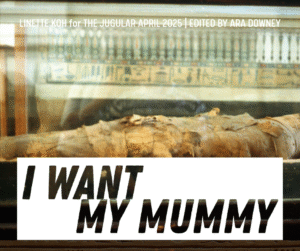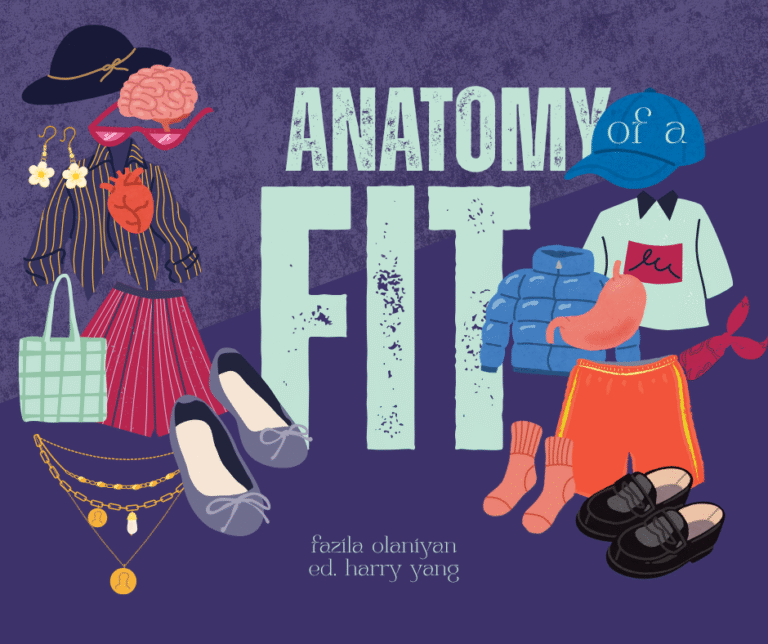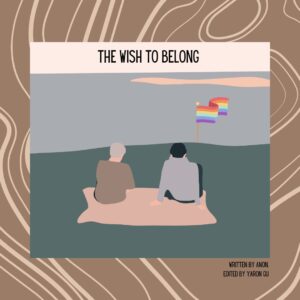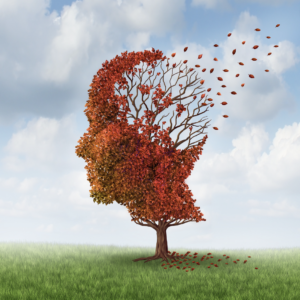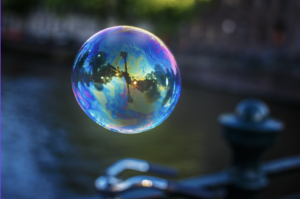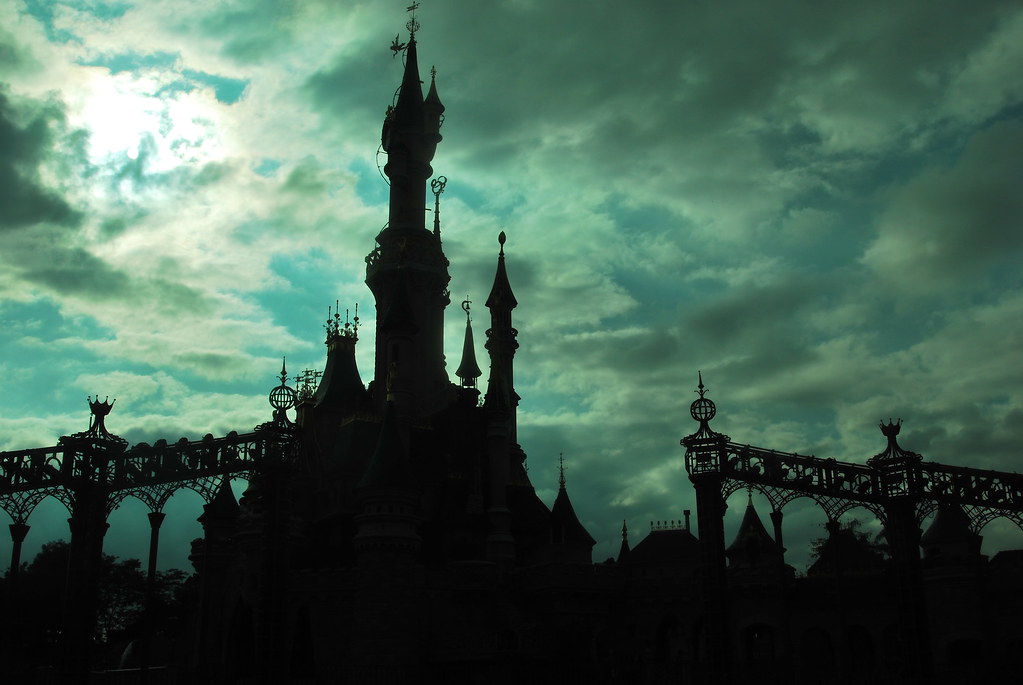
written by JOHNNY KANG (edited by ROSEMARY KIRK)
After two months of resistance, I finally saw it. The death of childhood nostalgia. The “David Attenborough documentary except bad and boring”. A lovable classic with a glaring 53% on Rotten Tomatoes. The dreaded Lion King remake. And to be honest…it was not that bad. In retrospect, most complaints seem to be out of disappointment rather than a fair assessment of the film. As one friend put it, if everyone had eyebrows, it would have been fine. Perhaps, if it were a stand-alone film, most critics would have passed it off as another safe success for Disney. However, the *NEW* Lion King is so shamelessly part of Disney’s cash-grab onslaught of live-action remakes that I firmly stand by those asking for more original content. Because whilst the reckless oversaturation of recycled material appears to be nothing more than a shrewd investment decision by “bored” men, the real problem seems to be spreading in those individuals who flock to watch said material. That is, us.
Many critics agree that Disney’s live-action push comes as a response to the rise in streaming content. Competition has never been fiercer for the film industry to keep people in cinema seats when they could easily be at home watching something for less. It seems as though studio executives have decided to exchange daring originality with the sentimentality attached to some timeless classics. And the sad truth is that it works. The new Aladdin made 1 billion dollars off a 200 million dollar budget. With a similar budget, The Lion King has made over 1.5 billion. Next year, Mulan will do the same.
It is always strange the kind of hype these films receive when they are first released. If you ask those who are “super excited” for the new Aladdin, Lion King, Mulan, etc. whether they think the remake will be better than the original, rarely do you get a yes. Is Lion King actually improved in any meaningful way with more realistic animals…or Aladdin with an uncanny valleyesque Will Smith? In fact, telling people just how terrible you thought the new film was will hardly deter them from shrugging and saying “I will still watch it”. More and more, moviegoers are happy to accept uninspired Disney remakes with mediocre reviews. But why watch guaranteed disappointment? Well the obvious, and largely correct, answer is nostalgia.
I think on some level, we go to have our suspicions confirmed. There is a masochistic desire to balance the hope of recapturing our past mesmerisation with the reality that this feeling cannot possibly be reinspired faithfully. We go because we are compelled by the nostalgia that resides at an intersection between the pain of loss and the joy of relived memories. And so, media, driven by commercial demand, will always exploit an innate desire for the romantic past.
For the longest time, I thought this meant nostalgia was somehow a bad thing or that we could be too nostalgic. I would stop myself from wanting to relive some memories or enter some other moment in history. I thought I might end up a frowning old man filled with regrets, somehow stunted in an idyllic past. But that could not be further from the truth. To really overcome nostalgic longing requires one to either stop experiencing the hurt of loss or relinquish the possibility that cherished memories might live on. Such compulsions are too human to deny. This to me has always seemed like a devastating and inescapable paradox. As if the gods had programmed a series of emotions – joy, melancholy, anger, etc. – and nostalgia had manifested like an unresolved error in the human code. A necessary by-product of two higher-order emotions, a symptom of some deeper conflict within each one of us.
It is not that we are too nostalgic, or that nostalgia is a bad thing. It is believing we might be able to remove the necessary pain of nostalgia that brings only greater dissatisfaction. It is what makes fans desperate to consume remakes until producers rely solely on the audience’s love of certain characters to sell poor storytelling. It is what makes us start certain relationships in our lives to fill the space that another has left. The past is attractive because it is more certain than the present and future. Regrets, longing and our mistakes may be painful but they are at least known in hindsight. It is comfortable to look back at things that we now accept. But it inspires little growth to meditate on such matters for too long a time and to think that the past is somehow more idyllic than the future could ever be.
To me, the real problem is refusing to let go of a good thing. Let it be. It is not a sin to stop or change when things are working well. Our memory can overflow with deep, lasting and beautiful things if only we understand when it is time to let them pass. Because good things last, they do not disappear. Accept that we can be nostalgic, that it will be painful and yet that there is so much to cherish. Then, like all the great remakes of the past, move on from what is already well-known and build upon it. Grow…some eyebrows.




